BECE resit begins 2015
- Posted on
- Comment
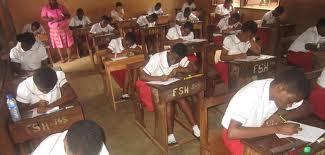 Students who fail the Basic Education Certificate Examination (BECE) will, from February 2015, be allowed to resit the examination as private candidates.
Students who fail the Basic Education Certificate Examination (BECE) will, from February 2015, be allowed to resit the examination as private candidates.
This follows an agreement reached between the government and the West African Examinations Council (WAEC) to allow students who fail in BECE to resit as private candidates.
According to the Deputy Minister of Education in charge of Tertiary Education, Mr Samuel Okudzeto Ablakwa, the policy would be rolled out in September 2014 for the first batch of failed BECE candidates to rewrite in February 2015.
The policy, he explained, was to allow students who failed the BECE to improve on their grades and qualify for placement in senior high and technical schools.
One hundred and eighty two thousand candidates who sat this year’s BECE did not pass in the core subjects.
They could, therefore, not be placed in any of the public senior high schools (SHS) by the Computerised Schools Selection and Placement System (CSSPS).
Similar to WAEC’s November/December resit for WASSCE candidates, the initiative by the government will put to rest the concerns raised by the public about the fate of candidates who fail the BECE.
Currently, those who fail the BECE have to repeat a whole academic year before they can get the chance to write the examination again to enter SHS.
The situation sometimes discourages candidates who fail to repeat because of the stigma associated with writing the examination with their juniors.
Speaking at the graduation of the African University College of Communications (AUCC) in Accra on Saturday, Mr Ablakwa said the decision was also part of the reforms being undertaken by the ministry towards making the educational system more flexible and accessible to every child.
“Our policy now is that we do not want to leave any child behind and we want to also cut down protocol arrangements because the students have only one chance to enter SHS,” he stated.
Reforms
Mr Ablakwa said the ministry had embarked on a number of reforms to ensure that the educational cycle was improved to give students access and quality education.
As a result of the interventions of the government, he said, the colleges of education which had limited capacity to admit many students had now improved on their intake.
So far, he said, the colleges had improved access from 9,000 in 2012 to 15,340 this year.
The government, Mr Ablakwa said, was also working to ensure that the 10 polytechnics in the country awarded their own degrees, beginning from 2014.
Private universities
He commended private investors for their contribution to education, saying the private universities admitted more than half of WASSCE candidates eligible to go to the university.
“It is evident that without the private universities, education in the country would have been at the crossroads as far as access and quality are concerned,” he stated.
Mr Ablakwa reiterated the government’s commitment to the improvement of tertiary education to enhance human resource capacity.
Nonetheless, he encouraged private universities to focus more on science courses, since the country needed human resource in those fields.
-Daily Graphic
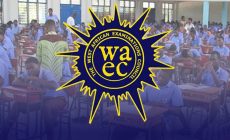
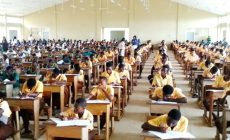
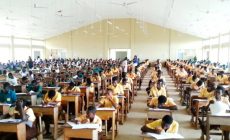
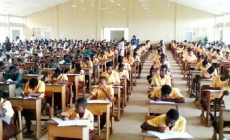






 (Selorm) |
(Selorm) |  (Nana Kwesi)
(Nana Kwesi)